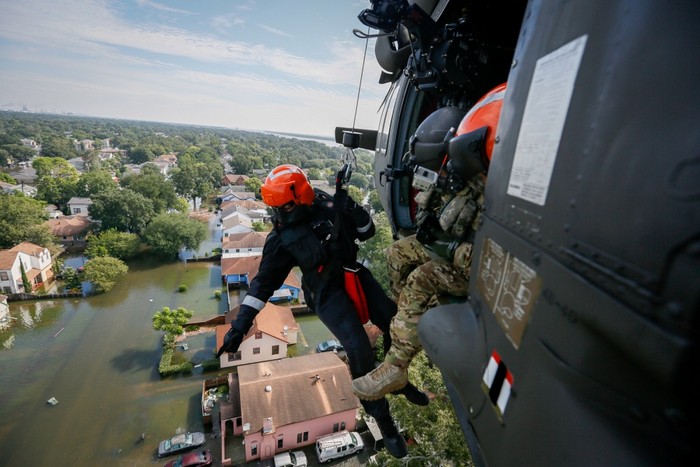Help might not always be there for you, so be prepared.
From the wildfires raging across our state to the Hurricanes on the East Coast, there is no shortage of recent news about natural disasters, but are seniors prepared? Studies have found that older adults are especially vulnerable, often from being socially isolated and facing chronic conditions that hamper their ability to prepare and respond to a disaster.
September is National Preparedness Month, designed to encourage and remind Americans to be prepared for disasters or emergencies. SCAN, a not-for-profit organization dedicated to keeping seniors healthy and independent, has provided tips for Southern California’s seniors, caregivers and their family members to ensure they’re prepared for the unexpected.
Dangerous weather conditions create unique hazards for senior citizens—especially those with chronic conditions such as arthritis, diabetes or hypertension. Seniors and caregivers should keep extra medication on hand and stock extra batteries for necessary medical support equipment. SCAN also recommends creating an emergency preparedness pack that includes water bottles, non-perishable food, a whistle, blankets, and flashlight with extra batteries.
Medical emergencies can happen at any time, so it’s important to have a list of emergency numbers for family members, local police, firefighters and doctors in one place. Those with a cell phone should update their contact list to include “ICE” with their family members’ names and phone numbers so first responders know whom to contact “in case of emergency”.
Speak to your healthcare provider about where to obtain an emergency-ready tool:
Containers such as Vile of Life are free and can be placed on the refrigerator door, wallet or glove compartment to hold important health-related information such as one’s name, address, doctor and medication list for emergency personnel to quickly access.
Bracelets and necklaces from organizations like MedicAlert hold information on a person’s medical history in case they fall or are otherwise incapacitated. This ensures first responders are aware of any important medical conditions such as a history of stroke, heart problems, chronic conditions or allergies

